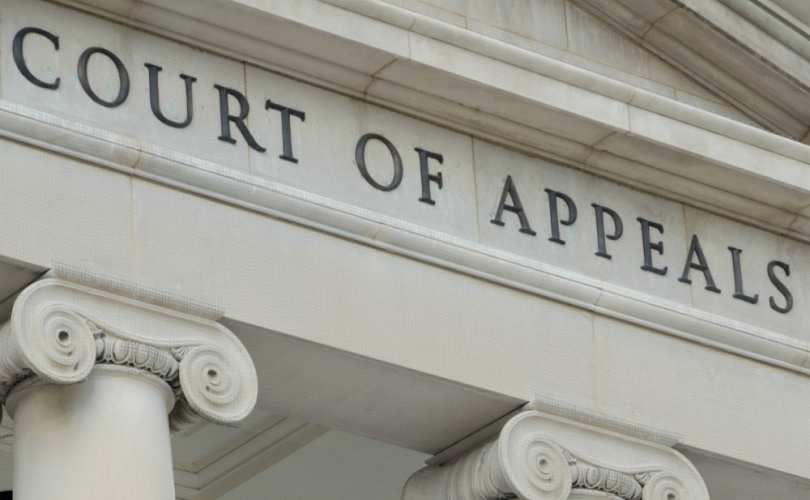A recent ruling from the U.S. Court of Appeals for the Fifth Circuit has resumed enforcement of the Corporate Transparency Act, effective immediately.
Background
The CTA was introduced to enhance corporate transparency by mandating certain entities to report detailed ownership information to the Financial Crimes Enforcement Network (FinCEN). This regulation targets shell companies often used to obscure illegal activities. Businesses subject to the CTA were initially required to submit their Beneficial Ownership Information Reports (BOIR) by January 1, 2025.
On December 3, 2024, the U.S. District Court of the Eastern District of Texas, Sherman Division, issued a ruling granting a nationwide preliminary injunction against the CTA. Said injunction prevents enforcement of the CTA, to include the January 1, 2025 reporting deadline.
The Recent Court Ruling
On December 23, 2024, the U.S. Court of Appeals for the Fifth Circuit granted a stay of the U.S. District Court of the Eastern District of Texas’s ruling granting a nationwide preliminary injunction against the CTA pending the outcome of the Department of the Treasury’s ongoing appeal. Therefore, the CTA is again being enforced only with a slight change in deadlines.
New Filing Deadlines
The Department of Treasury extended the deadline for entities formed on or before January 1, 2024 or on or after September 4, 2024 to file their initial BOIR forms to January 13, 2025.
The deadline for entities formed on or after December 3, 2024 and on or before December 23, 2024 have been provided an additional twenty-one (21) days from the original filing deadline.
Any entity that qualifies for disaster relief may have been provided deadlines to file that fall beyond January 13, 2025. These entities should abide by the later deadline.
Entities created on or after January 1, 2025 have thirty (30) days to file their initial BOIR.
What’s Next?
While the legal battle surrounding the CTA continues, businesses should monitor developments closely. It is possible that this decision will go before the United States Supreme Court for further review.
Staying informed and proactive will be essential to navigating this evolving legal landscape.

